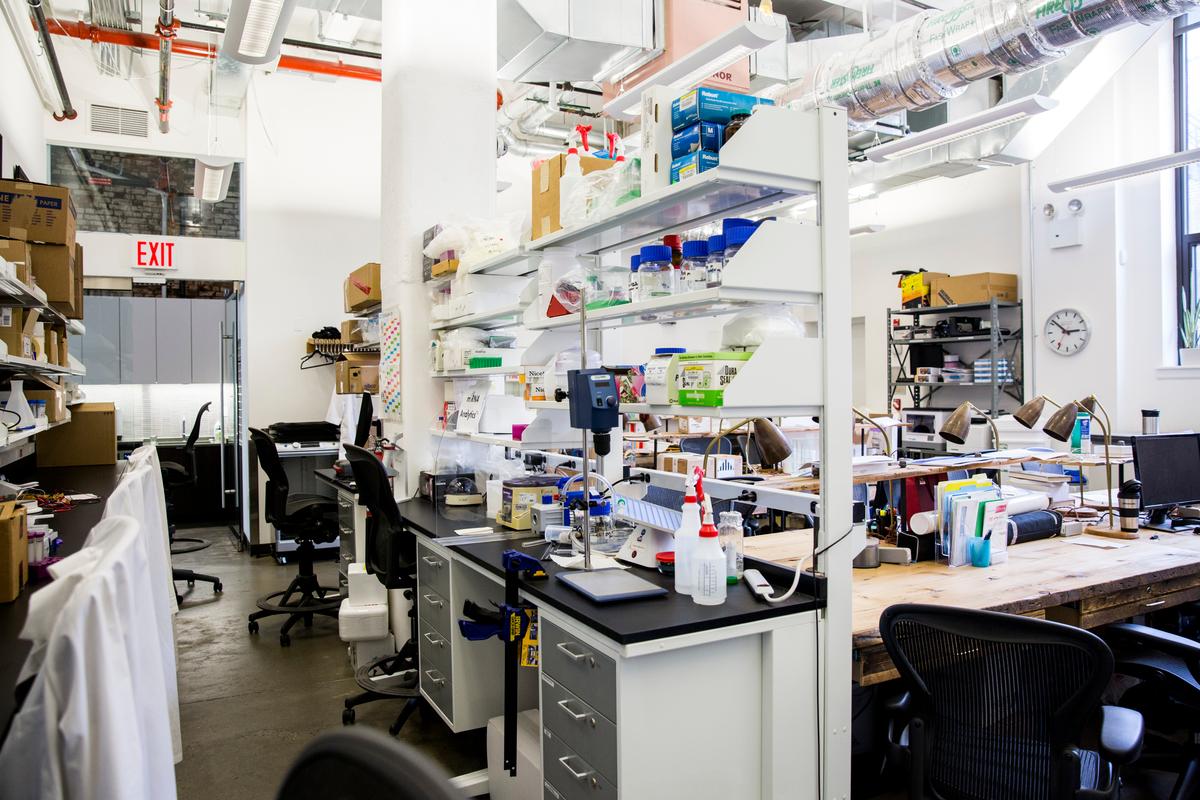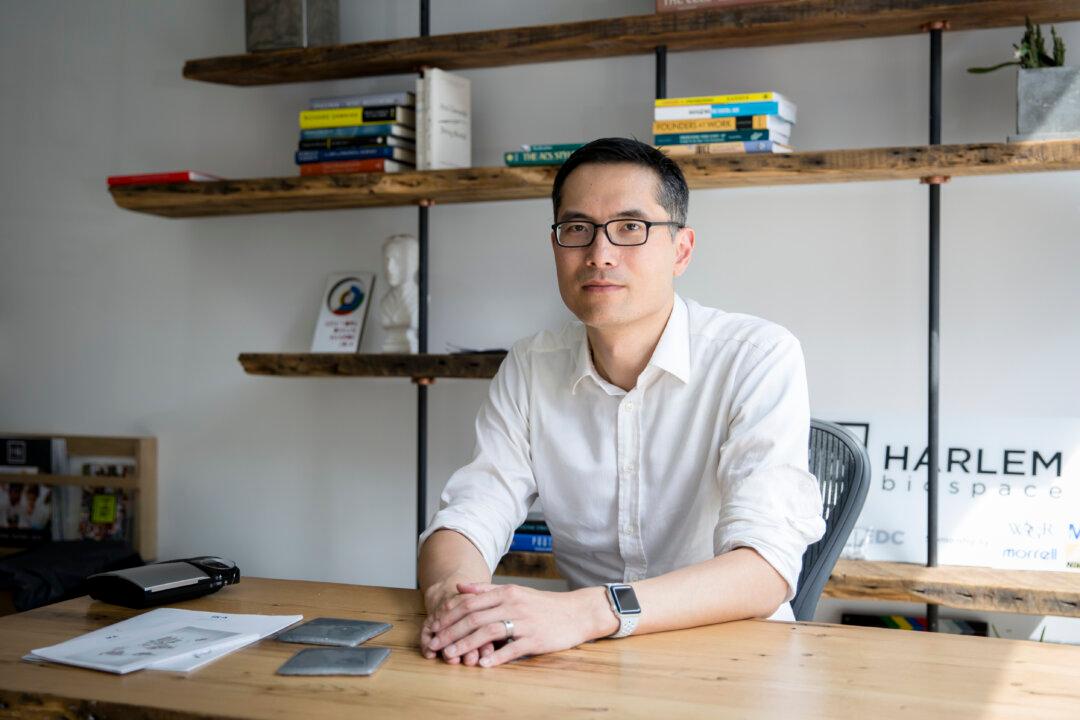Years ago, a biotechnology startup like EpiBone—a revolutionary bone reconstruction company that grows living bone tissue from a patient’s own cells—might have required hundreds of thousands of dollars in investment in lab space and equipment.
But as one of the first crop of around 40 biotech startups to be housed at Harlem Biospace, a business incubator founded in 2013, the company had access to the same facilities for around $1,000 a month.
Numerous such incubators have cropped up in recent years, providing low-cost space, business services, training, and networking opportunities to startups and small businesses across various sectors. They are lifesavers for young entrepreneurs in the embryonic stage of business development, before they can even secure a loan or angel investments.
This is a boon to a generation that came of age after the 2008 recession, which left young graduates vulnerable, and millions unemployed. The upside of the recession, though, has been a resurgence of entrepreneurial spirit, and a host of organizations that are stepping in to supply financial backing, mentorship, knowledge, and networks to help them establish a foothold.
“What has changed in the last five years is that many young scientists can start their companies,” said Samuel Sia, professor of biomedical engineering at Columbia University. “Building a startup is not easy, but there are more resources for young life science entrepreneurs now than ever before.” Harlem Biospace, which Sia co-founded, is one such resource that offers support for entrepreneurs in biotechnology and life sciences in New York.






